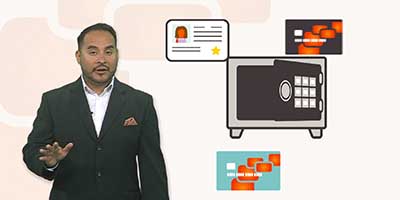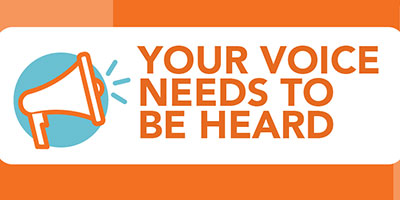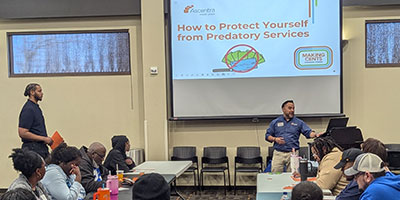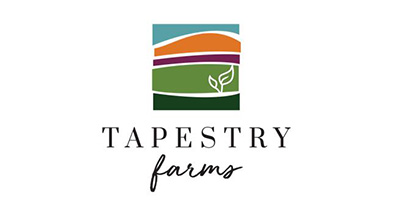Fraud Center
Fraud Center
Ascentra Credit Union is committed to the safety of our members' information and accounts. This page provides you with the knowledge and resources to help protect your personal and financial information.
Fraudsters use many different communication methods to steal information or trick consumers into sharing their personal information. Read below to learn how to recognize, report and prevent fraud, common scams, identity theft and cybercrimes.
Whether you bank in person, online or on your mobile device, your personal data could be vulnerable to identity theft and other attacks. The resources here offer financial fraud prevention tips.
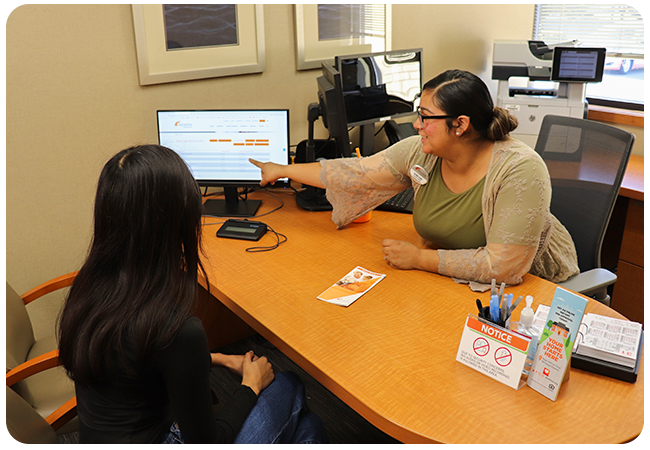
Lost or Stolen Cards
If your Visa® credit or debit card has been lost or stolen and it is during business hours, please call us at (563) 355-0152 or 1 (800) 426-5241.
If calling outside of regular business hours, please call card services at 1 (800) 472-3272 for Visa debit or 1 (855) 632-9037 for Visa credit.
Security Statement
Ascentra Credit Union recognizes the importance of protecting the privacy of personal information about our members and it is our goal to protect that information in every way we interact with you, whether it be in a branch, at one of our ATMs, on the telephone, or online through the Internet.
Ascentra Credit Union will NEVER ask you for your Personal Identification Information through any communication sent to you including your debit or credit card PIN, a Secure Access Code (SAC) or your user ID and password to Digital Banking. If this occurs, stop and contact the institution directly using contact information found on an official document to discuss the offer or request you received.
If you have any concerns, stop into one of our branch locations or contact a digital branch representative at 563-355-0152 or through online chat at ascentra.org.
Hot Fraud Alerts
Text Scam
Phone Scam
Ascentra has detected fraudsters posing as us and making calls that appear to be coming from the credit union to gain information from our members. Please know that Ascentra Credit Union will never call and ask you for personal information such as Digital Banking logins, Secure Access Codes (SAC), account numbers, credit or debit card numbers or PIN numbers. If the caller is asking for this information, please hang up and call Ascentra directly to ensure you are speaking to an Ascentra Representative.
Common Scams and Frauds
-
Blackmail scams
A blackmailer’s mission is to scare you into sending them money by threatening to distribute private content—from your computer or phone, or shared with them over an email, text, or social media—that could embarrass you. They might ask you to wire them money, or send it using a mobile app, a gift card, or cryptocurrency. Sometimes these scammers are complete strangers and other times they might be someone you met online and thought you could trust.
-
Romance scams
A romance scam is when a new love interest tricks you into falling for them when they really just want your money. Romance scams start in a few different ways, usually online. Scammers may spend time getting to know you and developing trust to fool you into thinking the relationship is real before asking you for money, a loan, or access to your finances.
-
Impostor scams
Impostor scammers try to convince you to send money or share account details by pretending to be someone you know or trust, like a government employee. Some people, specifically older adults, have received phone or video calls from scammers using CFPB employees’ names.
The CFPB does NOT get in touch with people to tell them to pay fees or taxes related to a class-action lawsuit or lottery. You won’t need to send us personal information so that you can cash a check we send you.
Scammers might pose as law enforcement and threaten you with legal consequences if you don’t send money, or they may pretend to be a charity organization seeking donations. Other messages might look like they are coming from a bank or another company, claiming there’s been a hack, potentially fraudulent activity, or other problem, in a scam meant to get your account or personal information.
-
Money mule scams
A money mule is someone who receives and moves fraudulently obtained money. While some money mules know they’re assisting with criminal activity, others are unaware that their actions are helping fraudsters.
Money mules may be recruited through online job or social media posts that promise easy money for little effort. They may also agree to help a love interest who they’ve met online or over the phone, by sending or receiving money, as part of a romance scam.
-
Charity scams
A charity scam is when a thief poses as a real charity or makes up the name of a charity that sounds real to get money from you.
These scams often increase during the holiday season as well as after natural disasters and emergencies, such as storms, wildfires, or earthquakes. Be careful when a charity calls to ask for donations, especially ones that suggest they’re following up on a donation pledge you don’t remember making. Also watch for scammers that try to get you to donate by using live streaming on social media platforms, altered images, or images or voices generated by artificial intelligence (AI). They typically ask you to send money online, often using cryptocurrency, so they can get your money quickly.
-
Debt settlement and debt relief scams
Debt settlement or debt relief companies often promise to renegotiate, settle, or in some way change the terms of a debt you owe to a creditor or debt collector. Dealing with debt settlement companies, though, can be risky and could leave you even further in debt.
-
Lottery or prize scams
In a lottery or prize scam, the scammers may call, text, or email to tell you that you’ve won a prize through a lottery or sweepstakes and then ask you to pay an upfront payment for fees and taxes. In some cases, they may claim to be from a federal government agency like the CFPB.
-
Money transfer or mobile payment services fraud
Con artists use money and wire transfers to steal people’s money. If someone you don’t know asks you to send money to them—even if they say they are from a government agency—it should be a red flag.
Using mobile payment services only with family, friends, and others you know and trust is the safest way to protect your money as you use the services. You should still be cautious when people you do know ask you to send them money. Before you send money, verify that they are really the ones requesting it.
-
Debt collection scams
Debt collectors might contact you to collect on legitimate debts you owe. But there are scammers who pose as debt collectors to get you to pay for debts you don't owe.
-
Grandparent scams
If you get a call from someone who sounds like a grandchild or relative asking you to wire or transfer money or send gift cards to help them out of trouble, it could be a scam. Artificial intelligence has made it easier for scammers to clone voices and alter images to make it seem like someone you know needs help. Meant to play on your emotions, this scam is among those commonly used to target older adults, especially during the holidays.
-
Mail fraud
Mail fraud letters look real but the promises are fake. A common warning sign is a letter asking you to send money or personal information now in order to receive something of value later. Examples of mail fraud might include notices of prizes, sweepstakes winnings, vacations, and other offers to claim valuable items.
-
Mortgage closing scams
Mortgage closing scams target homebuyers who are nearing the closing date on their mortgage loan. The scammer attempts to steal your closing funds—for example, your down payment and closing costs—by sending you an email posing as your real estate agent or settlement agent (such as your title company, escrow officer, or attorney).
Latest Fraud Articles
Latest Fraud Videos
Fraud FAQs
-
How can I protect myself against fraud?
Guard your information online. Monitor your accounts. Shred sensitive documents. Check your credit report. Think twice about sharing your information.
-
What should I do if I get a call from someone who says they work for Ascentra?
If you have concerns, stop the call and contact us directly using contact information from an official Ascentra document or our website.
-
What should I do if I think I’ve been a victim of fraud?
Contact Ascentra with concerns about fraud on your account(s).
-
What should I do if I lost my cards or checks, or I think they were stolen?
Contact Ascentra with concerns about lost or stolen cards or checks.
-

Fixed Rate Mortgage
10 & Done (10 Year Fixed)5.25View Mortgage Loans% -

Vehicle Loans
New & Used Auto as Low as4.99View Vehicle Loans% APR -

Savings
Membership Share Savings Starting at0.05View Savings Accounts% APY -

Credit Cards
No Balance Transfer Fee. 6-Mo. Intro Balance Transfer2.99View Credit Cards% APR





